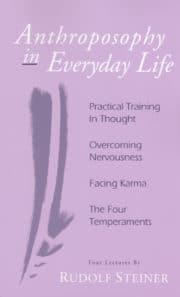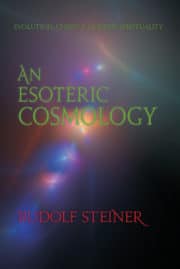Ralph Waldo Emerson maintained a lifelong interest in science. His journals, from the earliest to the last, document this interest―an interest reflected in his lectures, essays, letters, and poems. Emerging from Emerson’s statements on science is a coherent attitude that can be defined as his scientific thinking. The purpose of Emerson and Science is to analyze this thinking and to indicate the relationship it bears to his total thought.
An analysis of Emerson’s scientific thinking reveals that science, especially Goethean science, affords the means to explore and present what the book elaborates as Emerson’s monistic worldview. The pervasive influence of Goethe’s science on the epistemological bases underlying that view is presented at length. In addition to illuminating Emerson’s epistemological position, the context of science divulges how Emerson’s interest in science kept him from the extremes of Swedenborg’s mysticism and from falling prey―unlike many of his contemporaries―to the pseudo-sciences of the day, including phrenology, mesmerism, palmistry, astrology, and so forth.
Emerson’s interest in science also played an important role in his rejection of conventional religion and helped qualify his idealism, making him sympathetic to the claims of materialism. His focus on science kept him from accepting either of the main streams of the scientific thought of his age and led him to what the book defines as Emerson’s “scientific mysticism,” or “spiritual science.”
Peter Obuchowski, a professor emeritus of English language and literature, shows how the context of Emerson’s approach to science provides a new focus for considering a number of the key issues that have become the hallmarks of Emersonian criticism―issues such as Emerson’s optimism in relation both to his spiritually oriented worldview and to his faith in scientific progress, as well as his attitude to evil and his so-called philosophical naïveté.
About the Author
Peter A. Obuchowski is Professor Emeritus at Central Michigan University, where he taught for thirty years in the Department of English Language and Literature. He received his Ph.D. from the University of Michigan in 1969. He has published articles on Emerson, Hawthorne, Melville, Poe, and others. He resides in Mount Pleasant, Michigan, with his wife Mary and two sons.













Reviews
There are no reviews yet